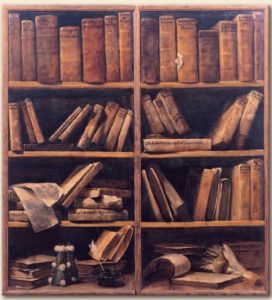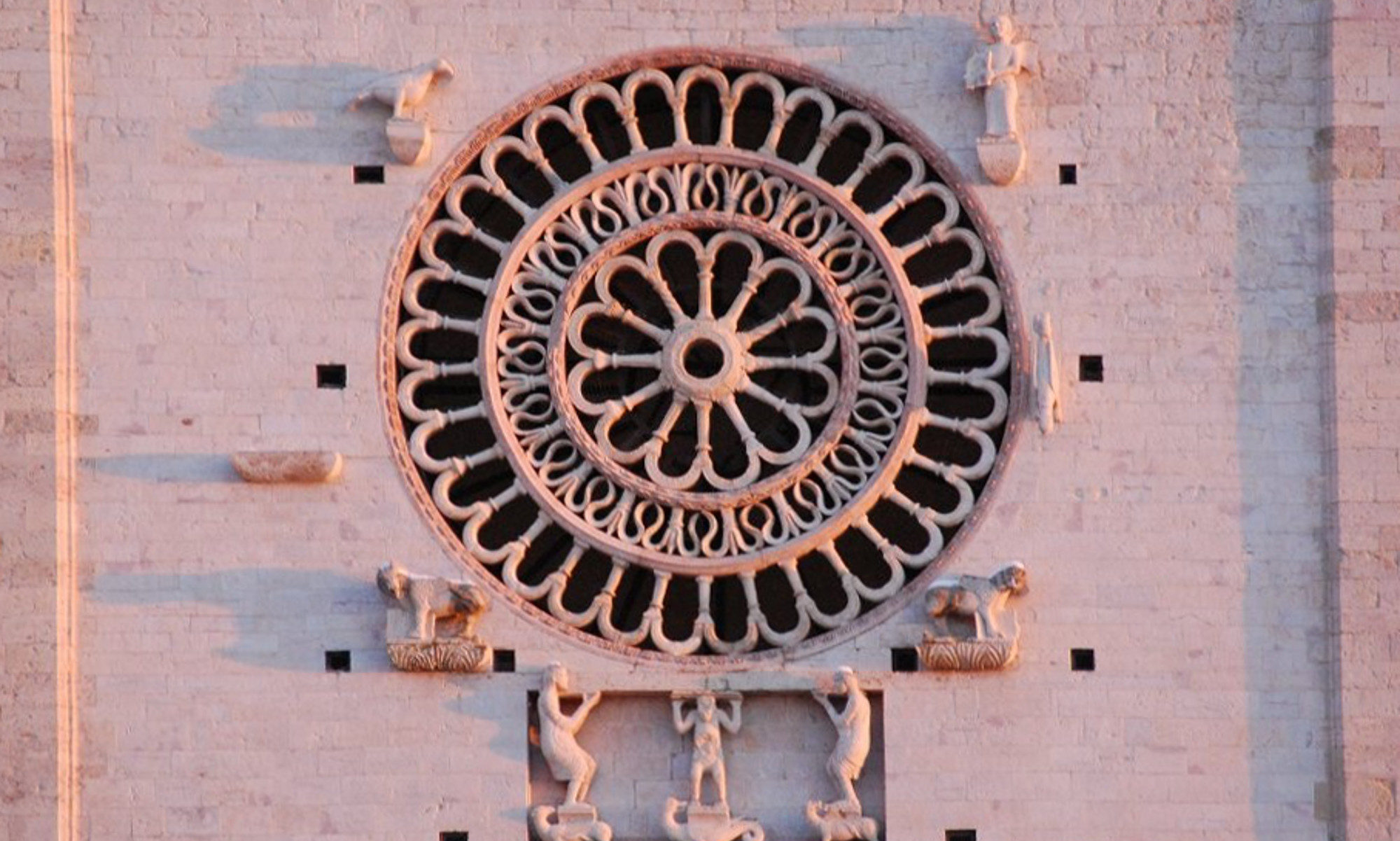
I was a bookish child. I don’t remember many of the toys or games or clothes I got for my birthday or for Christmas, but I do remember the books: Little Women, Little House on the Prairie, Last Days of Pompeii, Gone with the Wind, and many more.
I had a reputation as a reader, even in a family of readers. When I was about ten, my parents, my sister and I arrived at my grandparents’ house in Oklahoma for our annual summer visit. Grandma saw that I had a fat book under each arm, and she asked me what I was reading. I showed her – Gone with the Wind and Uncle Tom’s Cabin – and cheerfully explained that I wanted to get a balanced political perspective on the Civil War. She managed not to laugh, for which, looking back, I am grateful.
It hasn’t really changed much for me since then. Reading is still a pleasure for me, but more than that, it is a necessity. And the vast majority of what I read – though not all of it – is set in the past, or in an imagined world shaped by the historical past.
What is it about the past that captivates me so? I think that for me it’s all about achieving another kind of balance.
In stories of human beings who lived in the past, we can see all the same complexity, the same emotional range, the same strengths and weaknesses we see in the people around us, and in ourselves. The same curiosity, intelligence, courage, and kindness, but also the same greed, shallowness, defensiveness, and cruelty.
And yet. All of these so-familiar traits play out against a very different backdrop, one not influenced by instantaneous communication, relatively effortless travel, excesses of social media, or leisure time created by technology.
I write of men and women in Dante’s time, or a little before or after, who lived in a more stratified society than I have ever personally experienced, though I don’t doubt that such societies do exist on the earth even today. They lived under the constant and comprehensive shadow of the Church, for good or ill or both – another experience I have not had, though certainly we share this planet with many who do live in societies controlled by religion. And they lived at the mercy of the seasons, of available resources, and of natural phenomena, to an extent that is hard for me to imagine (though, again, among our contemporaries plenty of people still live in this way): drought, flood, famine, fire, epidemics, extremes of heat and cold, scarcity and want.
And conflict. Always, conflict. Strife and contention, opposing factions jockeying for power. Fear and hatred, resentment and misunderstanding. Vendettas, sabotage, and war. Vilifying one’s opponents.
There we are not so different. Even those of us living in wealthy and secular societies today are not free of these problems, and one wonders if humanity ever will be.
So there is a certain immediacy in watching a long-ago society become polarized and fragmented, because we know that for all our technology, all our practical advantages, all our supposed advancement, it could happen to us. It has, and it will again. The seeds are always there.
Our forebears are very much like us, only living under very different circumstances. It is this fascinating, ever-shifting balance between same and different, familiar and exotic, that continues to draw me to historical fiction.
Perhaps it draws you, too. If it does, I hope you find in it what you seek, whether that be reassurance, a cautionary tale, answers, or only more questions to ponder. If, like me, you consider human resilience something to celebrate, you will find it abundantly.
After all, the fact that we’re here at all bears witness to that. Perhaps when we look at some of the disastrous situations humanity has survived in the past, it will give us courage to face the daunting challenges of the present.


